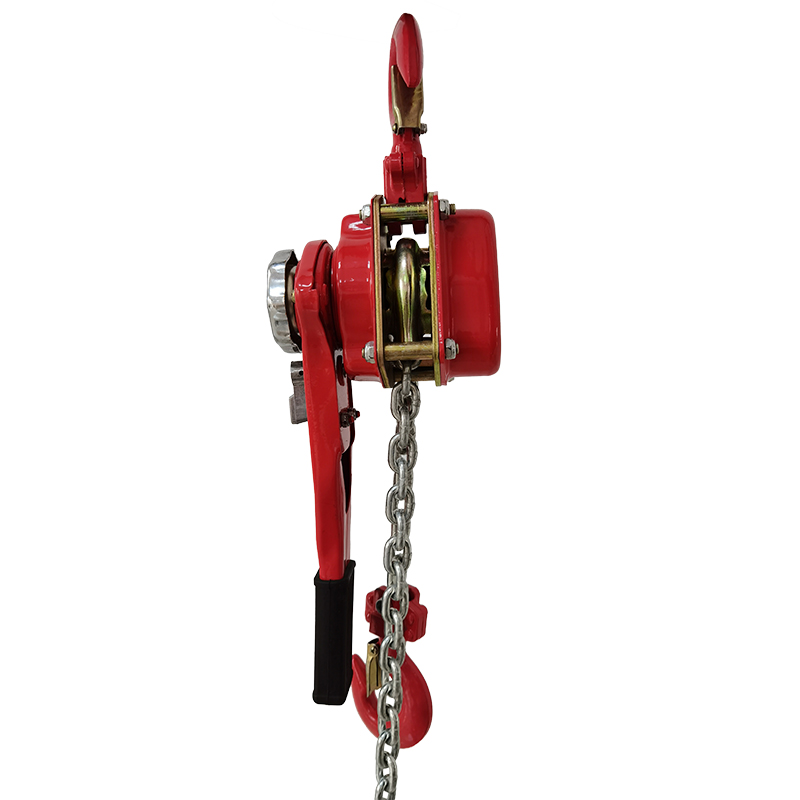


The Versatility and Efficiency of Portable Pallet Trucks
In today's fast-paced commercial environment, efficiency in logistics and warehousing is paramount. One of the essential tools that have revolutionized material handling operations is the portable pallet truck. This versatile piece of equipment plays a crucial role in streamlining the movement of goods, making it a staple in many businesses.
A portable pallet truck, also known as a pallet jack, is designed to lift and transport palletized loads effortlessly. Unlike traditional forklifts, these trucks are compact, lightweight, and easy to maneuver, making them ideal for tight spaces and irregular surfaces. The design typically features two forks that slide under the pallet, a handle for steering, and a hydraulic lift mechanism that allows the user to elevate the load with minimal effort.
One of the most significant advantages of portable pallet trucks is their user-friendliness. Most models require minimal training to operate, making them accessible for employees at various skill levels. This ease of use contributes to enhanced productivity, as workers can quickly and efficiently move items without the need for extensive logistical setups. Furthermore, the reduction in training time can lead to cost savings for businesses.
Another critical benefit is the adaptability of portable pallet trucks to different environments. Whether in a warehouse, retail store, or manufacturing facility, these trucks can be utilized on various surfaces, including concrete, asphalt, and even uneven terrain. Many models come equipped with features such as swivel castors for enhanced maneuverability and adjustable forks to accommodate different pallet sizes. Such versatility makes them an invaluable tool for diverse applications, from loading docks to showroom floors.

The robust build quality of portable pallet trucks ensures their durability even under heavy loads. Most can handle weights ranging from 2,000 to 5,500 pounds, making them suitable for a wide array of materials, from food products to industrial components. Regular maintenance, such as checking the hydraulic system and ensuring the wheels are in good condition, further extends the life of the equipment, making it a cost-effective investment in the long run.
In addition to their operational benefits, portable pallet trucks also contribute to workplace safety. By reducing the physical strain on workers, they help minimize the risk of injuries associated with manual lifting and transporting. Properly trained employees using these trucks can effectively lower the chances of accidents, creating a safer work environment for everyone.
As businesses continue to evolve and adapt to the demands of modern logistics, the role of portable pallet trucks is likely to expand. With advancements in technology, future iterations may incorporate electric lifting mechanisms and smart features for enhanced efficiency. Organizations are increasingly recognizing the importance of investing in reliable material handling equipment to keep pace with growing consumer expectations.
In conclusion, portable pallet trucks are essential tools that improve efficiency, adaptability, and safety in material handling operations. Their user-friendly design and robust construction make them a favored choice across various industries. As we look towards the future of logistics, the ongoing innovation in pallet truck technology will undoubtedly contribute to the continued evolution of warehousing and distribution practices. Investing in portable pallet trucks not only enhances operational efficiency but also supports a safer and more productive work environment.



